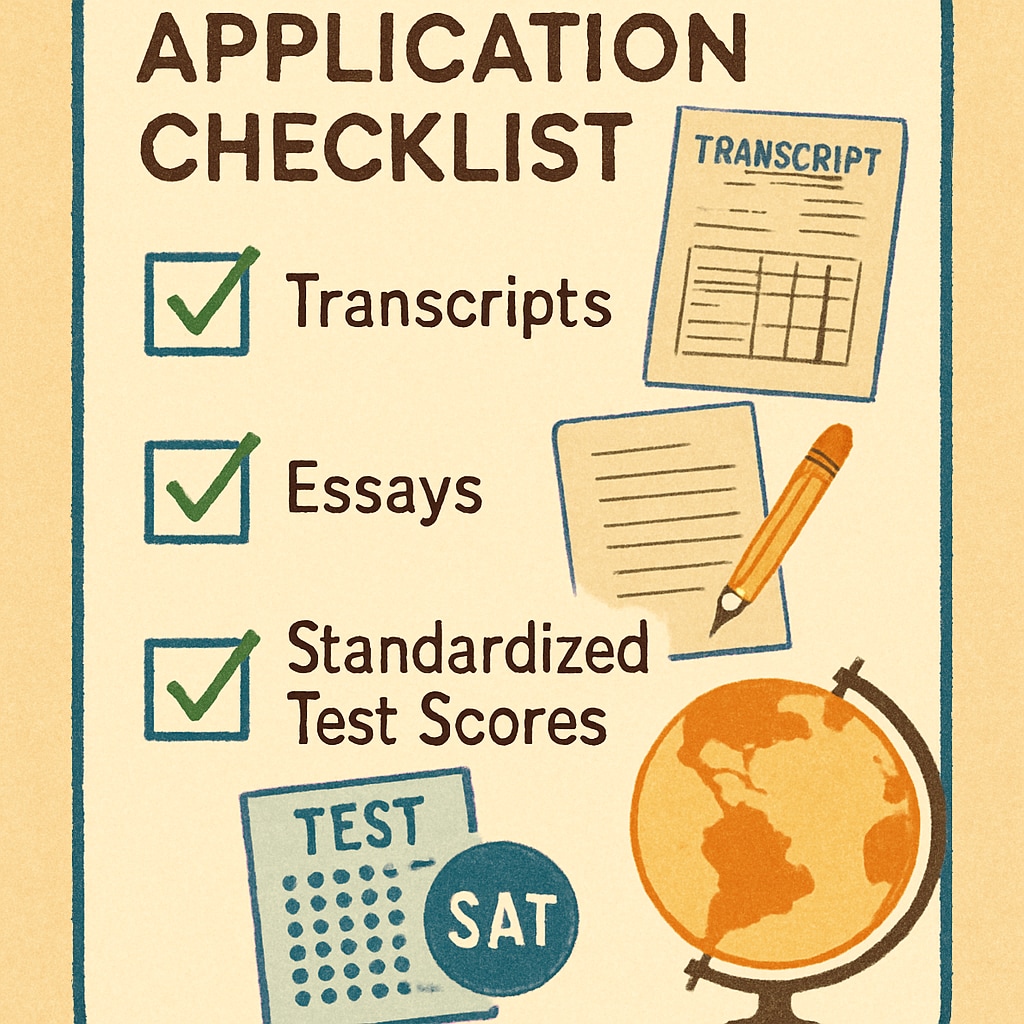For international students aspiring to pursue a career in data science, applying to U.S. undergraduate programs may seem like an overwhelming process. Understanding the “data science, international student application, university admission requirements” is essential to ensuring a successful application. This article provides a complete guide to academic prerequisites, standardized testing, application procedures, and recommendations for top-tier universities, empowering students to take the first step toward shaping their future in data science.
Academic Preparation for Data Science Programs
Data science is an interdisciplinary field that combines mathematics, programming, and analytical skills to extract insights from complex data. To prepare for undergraduate studies in data science, international students should focus on building strong foundations in relevant subjects during high school. Key areas include:
- Mathematics: Courses such as calculus, algebra, and statistics are crucial for understanding data analysis methods.
- Programming Skills: Exposure to coding languages like Python, R, or Java can demonstrate an aptitude for computational problem-solving.
- Science and Logic: STEM subjects like physics or computer science further enhance analytical thinking abilities.
In addition, students should maintain a competitive GPA, typically above 3.0 on a 4.0 scale, as many top U.S. universities prioritize academic excellence.

Standardized Tests and English Proficiency
Most U.S. universities require international applicants to submit standardized test scores as part of their application process. Commonly accepted exams include:
- SAT or ACT: These tests assess mathematical reasoning, critical reading, and problem-solving abilities. Strong scores in math sections are particularly valuable for data science programs.
- TOEFL or IELTS: For non-native English speakers, proficiency tests are mandatory to demonstrate language competency. Minimum scores typically range from 80 to 100 for TOEFL and 6.5 to 7.0 for IELTS.
While some universities are moving toward test-optional policies, submitting competitive scores can strengthen an application.
Application Process for International Students
The application process for U.S. universities involves multiple steps, requiring careful attention to deadlines and document preparation. Key components include:
- Personal Statement: Crafting a compelling essay that highlights your passion for data science and academic achievements.
- Letters of Recommendation: Securing endorsements from teachers or mentors who can attest to your abilities and character.
- Transcripts: Submitting high school grades and any additional certifications relevant to data science.
- Application Portals: Most universities use platforms like the Common Application or Coalition Application for submissions.
It is crucial to adhere to university-specific requirements and deadlines, which can vary widely. Carefully review each university’s admissions page for details.

Top U.S. Universities for Data Science
Several universities in the U.S. lead the field of data science education, offering cutting-edge resources and research opportunities. Here are some top recommendations:
- Stanford University: Known for its robust computer science and data science programs.
- Massachusetts Institute of Technology (MIT): Offers interdisciplinary courses combining AI, machine learning, and data analysis.
- University of California, Berkeley: A pioneer in data science education, with numerous industry connections.
- Carnegie Mellon University: Emphasizes computational analysis and real-world applications.
Each of these universities has unique admission processes, so international students should tailor their applications accordingly.
Readability guidance: Use short paragraphs and bullet points to organize information. Balance academic details with actionable advice. Utilize transition words such as “in addition,” “for example,” and “as a result” for smoother flow.


